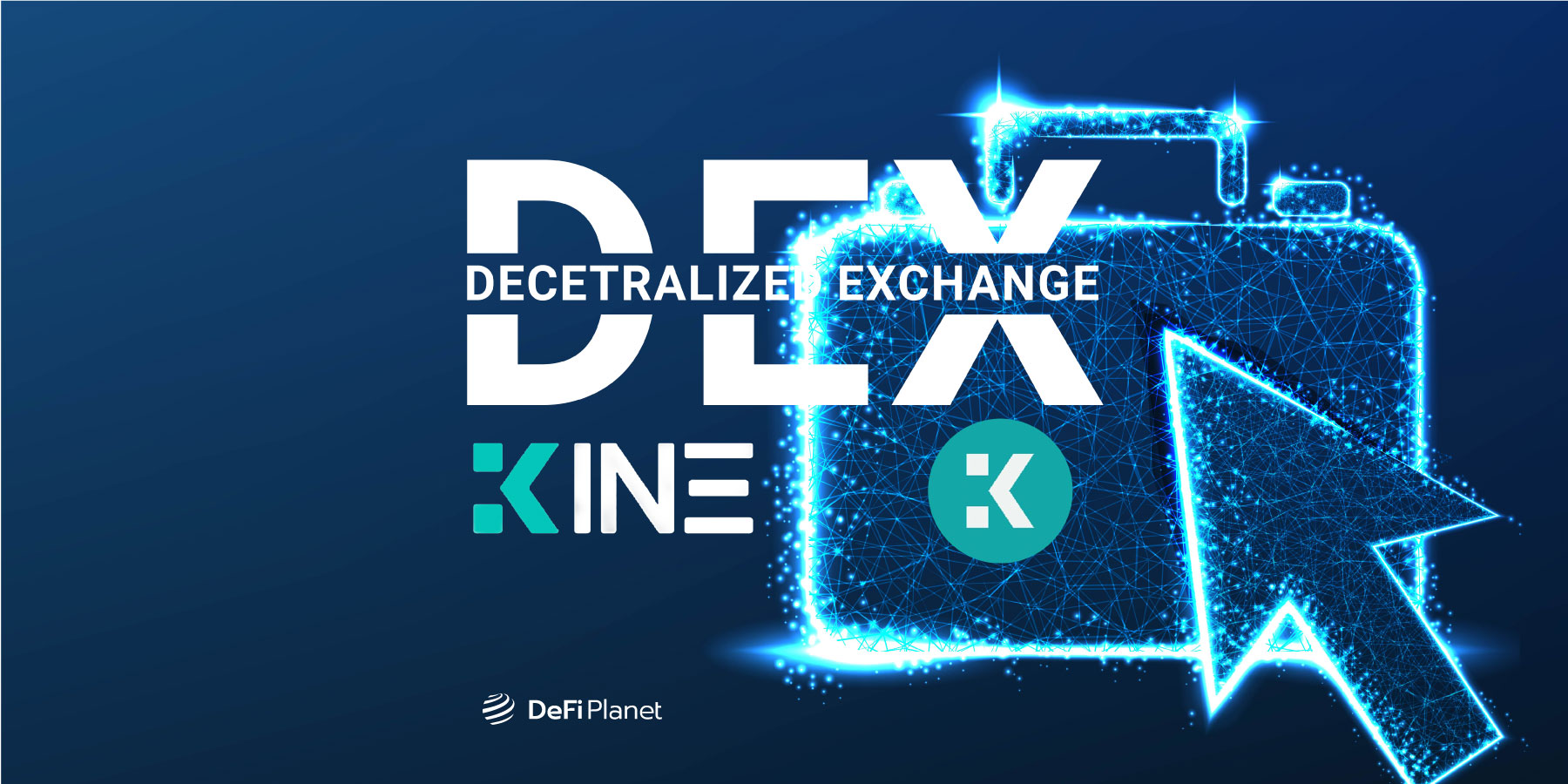A Comprehensive Review of Decentralized Exchanges (DEXs)

- Understanding the Basics of Decentralized Exchanges (DEXs)
- Pros and Cons of Trading on Decentralized Exchanges
- Comparison of Popular Decentralized Exchange Platforms
- Security Measures in Place on Decentralized Exchanges
- Regulatory Challenges Faced by Decentralized Exchanges
- The Future of Decentralized Exchanges in the Crypto Market
Understanding the Basics of Decentralized Exchanges (DEXs)
Decentralized exchanges (DEXs) are platforms that allow users to trade cryptocurrencies directly with one another without the need for a central authority to facilitate the transactions. This peer-to-peer model offers several advantages over traditional centralized exchanges, including increased security, privacy, and control over funds.
One of the key features of DEXs is that they do not hold users’ funds. Instead, trades are executed through smart contracts on the blockchain, which means that users retain ownership of their assets throughout the trading process. This reduces the risk of hacks and theft that can occur on centralized exchanges, where funds are held in a single location.
Another benefit of DEXs is that they are typically more resistant to censorship and government intervention. Because trades are conducted directly between users, there is no central point of control that can be targeted or shut down by authorities. This can be especially important for users in countries with strict regulations on cryptocurrency trading.
In addition to these advantages, DEXs also offer greater privacy for users. Since trades are not routed through a central server, there is less opportunity for third parties to monitor or track transactions. This can be appealing to users who value their privacy and want to keep their trading activities confidential.
Overall, decentralized exchanges provide a secure, private, and censorship-resistant way for users to trade cryptocurrencies. By leveraging the power of blockchain technology, DEXs offer a new paradigm for cryptocurrency trading that puts control back in the hands of users.
Pros and Cons of Trading on Decentralized Exchanges
When it comes to trading on decentralized exchanges (DEXs), there are both advantages and disadvantages to consider. Let’s take a look at the pros and cons:
- Pros:
- 1. **Decentralization:** One of the main benefits of trading on DEXs is the decentralized nature of these platforms. This means that there is no central authority controlling the exchange, providing users with more control over their funds.
- 2. **Security:** DEXs are often considered to be more secure than centralized exchanges, as they are less vulnerable to hacking attacks. This is because users retain control of their private keys, reducing the risk of funds being stolen.
- 3. **Privacy:** Trading on DEXs can offer users a higher level of privacy, as they do not need to go through a KYC (Know Your Customer) process to start trading. This can be appealing to those who value their privacy.
- 4. **No Single Point of Failure:** Since DEXs are decentralized, there is no single point of failure that can disrupt the entire exchange. This can help prevent issues such as downtime or server failures.
- 5. **Access to a Wide Range of Tokens:** DEXs often offer a wide range of tokens for trading, including many that may not be available on centralized exchanges. This can provide users with more opportunities for diversification.
- Cons:
- 1. **Liquidity:** One of the main drawbacks of trading on DEXs is the lower liquidity compared to centralized exchanges. This can result in higher slippage and lower trading volumes, making it harder to execute large trades.
- 2. **User Experience:** DEXs can sometimes have a steeper learning curve and a less intuitive user interface compared to centralized exchanges. This can be a barrier for new users who are not familiar with the technology.
- 3. **Speed:** Transactions on DEXs can be slower compared to centralized exchanges, as they rely on blockchain confirmations. This can lead to delays in executing trades, especially during times of high network congestion.
- 4. **Regulatory Uncertainty:** Due to the decentralized nature of DEXs, there may be regulatory uncertainty surrounding these platforms. This can lead to potential legal issues or restrictions in certain jurisdictions.
- 5. **Limited Customer Support:** Since DEXs are decentralized, there is often limited customer support available to users. This can make it challenging to get help or assistance in case of issues or disputes.
Comparison of Popular Decentralized Exchange Platforms
When comparing popular decentralized exchange platforms, it is essential to consider various factors that can impact the overall user experience. Some of the key aspects to evaluate include security features, liquidity, user interface, supported cryptocurrencies, and trading fees.
One of the most well-known decentralized exchange platforms is Uniswap, which is built on the Ethereum blockchain. Uniswap is known for its user-friendly interface and high liquidity, making it a popular choice among traders. However, some users may find the trading fees on Uniswap to be higher compared to other platforms.
Another popular decentralized exchange is SushiSwap, which is a fork of Uniswap. SushiSwap offers additional features such as staking and yield farming, which can be attractive to users looking to earn passive income. However, SushiSwap has faced some security issues in the past, which may be a concern for some traders.
Balancer is another decentralized exchange platform that is known for its advanced trading features, such as automated portfolio management and liquidity mining. Balancer also offers lower trading fees compared to Uniswap and SushiSwap, making it a cost-effective option for traders.
Overall, each decentralized exchange platform has its strengths and weaknesses, so it is essential to consider your specific trading needs and preferences when choosing a platform to use. By comparing the features and benefits of each platform, you can make an informed decision that aligns with your trading goals.
Security Measures in Place on Decentralized Exchanges
Security measures on decentralized exchanges (DEXs) are crucial to ensure the safety of users’ funds and data. While DEXs offer a more secure trading environment compared to centralized exchanges, there are still risks involved. Here are some common security measures implemented on DEXs:
- Smart Contract Audits: DEXs often undergo smart contract audits by third-party security firms to identify and fix vulnerabilities in the code.
- Multi-Signature Wallets: Many DEXs use multi-signature wallets to require multiple private keys to authorize transactions, adding an extra layer of security.
- Cold Storage: Some DEXs store the majority of users’ funds in cold storage, which is not connected to the internet and therefore less susceptible to hacking.
- Decentralized Governance: DEXs with decentralized governance models allow users to participate in decision-making processes, increasing transparency and security.
- Two-Factor Authentication (2FA): Users can enable 2FA on their accounts to add an extra layer of protection against unauthorized access.
It is important for users to also take their own security measures seriously when using DEXs. This includes using strong, unique passwords, enabling 2FA, and being cautious of phishing attempts. By combining platform-level security measures with personal security best practices, users can mitigate the risks associated with trading on DEXs.
Regulatory Challenges Faced by Decentralized Exchanges
One of the significant challenges that decentralized exchanges (DEXs) face is navigating the complex regulatory landscape. As these platforms operate without a central authority, they often struggle to comply with various regulations imposed by different jurisdictions. This lack of centralized control makes it difficult for DEXs to implement know-your-customer (KYC) and anti-money laundering (AML) procedures, which are essential for preventing illicit activities such as money laundering and terrorist financing.
Moreover, the decentralized nature of DEXs makes it challenging for regulators to hold anyone accountable in case of fraudulent activities or security breaches. This lack of accountability raises concerns among regulators about investor protection and market integrity. As a result, many countries have started to impose stricter regulations on DEXs, which could potentially stifle innovation in the decentralized finance (DeFi) space.
Another regulatory challenge faced by DEXs is the issue of jurisdictional ambiguity. Since these platforms can be accessed from anywhere in the world, it is often unclear which regulatory framework should apply. This ambiguity creates legal uncertainties for DEX operators and users alike, leading to potential conflicts with regulators in different countries.
Overall, the regulatory challenges faced by DEXs highlight the need for a more coherent and harmonized approach to regulating decentralized exchanges. As the DeFi space continues to grow, it is crucial for regulators to work closely with industry stakeholders to develop clear guidelines that promote innovation while ensuring compliance with regulatory requirements. Failure to address these challenges could hinder the growth of DEXs and the broader DeFi ecosystem.
The Future of Decentralized Exchanges in the Crypto Market
Decentralized exchanges (DEXs) have been gaining traction in the crypto market due to their emphasis on security, privacy, and control over funds. As the crypto space continues to evolve, the future of DEXs looks promising, with more users recognizing the benefits of trading on these platforms.
One of the key advantages of DEXs is their ability to operate without a central authority, making them less vulnerable to hacks and government regulations. This decentralized nature appeals to users who value anonymity and want to avoid the risks associated with centralized exchanges.
Furthermore, DEXs offer a wide range of trading pairs and tokens, providing users with more options to diversify their portfolios. This flexibility is crucial in a rapidly changing market where new projects and tokens are constantly being introduced.
Another factor contributing to the growth of DEXs is the rise of decentralized finance (DeFi) applications. These platforms leverage DEXs to enable users to lend, borrow, and earn interest on their crypto assets without the need for intermediaries. As DeFi continues to expand, DEXs are expected to play a central role in facilitating these transactions.
Overall, the future of decentralized exchanges in the crypto market looks bright, with more users recognizing the benefits of trading on these platforms. As the industry continues to mature and innovate, DEXs are likely to become an integral part of the crypto ecosystem, offering users a secure, private, and flexible way to trade digital assets.




